- Women's Health
- Cetaphil
- Botulinum
- Diabetes
- Human Albumin
- Anti Malarial
- Dermal fillers
- Chemical Peels
- Nephrology Segment
- Kidney / Liver Care
- Anti Cancer
- Altus Product's
- Pharmaceutical Products
- Anti Fungal
- Hepatitis
- Beauty & Skin Care
- Asthma
- Modafinil
- Urology Segment
- Thyroid Care
- Armodafinil
- HIV Medicines
- Weight Loss
- Naltrexone
- Anti Emetic
- Neuropathic Pain
- Mens Health
- Hair Loss
- Pain Relief
- HCG Injections
- Quit Smoking
- Pharmaceutical Vaccine
- Best Selling Products
- Anti Viral
- Bimatoprost
- Antibiotics
- Anti-Cancer
- Armodafinil
- Bimatoprost
- Botulinum
- Dermal Fillers
- Hepatitis
- Mens-health
- Modafinil
- Naltrexone
- ANTI EMETIC
- Altus Product’s
- Anti Fungal
- Anti Malarial
- Anti Viral
- Antibiotics
- Asthma
- Beauty & Skin Care
- Cetaphil
- Chemical Peels
- Diabetes
- Hair Loss
- HCG Injections
- HIV Medicines
- Human Albumin
- Kidney / Liver Care
- Neuropathic Pain
- Pain Relief
- Pharmaceutical Products
- Pharmaceutical Vaccine
- Quit Smoking
- Thyroid Care
- Weight Loss
- Women’s Health
- Women's Health
- Cetaphil
- Botulinum
- Diabetes
- Human Albumin
- Anti Malarial
- Dermal fillers
- Chemical Peels
- Nephrology Segment
- Kidney / Liver Care
- Anti Cancer
- Altus Product's
- Pharmaceutical Products
- Anti Fungal
- Hepatitis
- Beauty & Skin Care
- Asthma
- Modafinil
- Urology Segment
- Thyroid Care
- Armodafinil
- HIV Medicines
- Weight Loss
- Naltrexone
- Anti Emetic
- Neuropathic Pain
- Mens Health
- Hair Loss
- Pain Relief
- HCG Injections
- Quit Smoking
- Pharmaceutical Vaccine
- Best Selling Products
- Anti Viral
- Bimatoprost
- Antibiotics
No products in the cart.
Return To Shop$73.38 – $301.95Price range: $73.38 through $301.95
Vymada 100mg Tablet is a combination medicine used to treat heart failure. It reduces the risk of hospitalization and death due to long-lasting (chronic) heart failure.
Have questions?
Call : +91 9002 1002 33
Vymada 100mg Tablet
| COUNTRY OF ORIGIN | India |
|---|---|
| DOSAGE FORM | Tabets |
| GENERIC NAME | Sacubitril + Valsartan |
| INDICATION | Treatment of Heart failure |
| PACKAGING: | 14 tablets in 1 strip |
| MANUFACTURER | Novartis India Ltd |
| COMPOSITION | Sacubitril (49mg) + Valsartan (51mg) |
PRODUCT INTRODUCTION
Vymada 100mg Tablet is a combination medicine used to treat heart failure. It reduces the risk of hospitalization and death due to long-lasting (chronic) heart failure.
Vymada 100 Tablet can be taken with or without food but is best taken at the same time(s) each day. Swallow it as a whole with water. Your dose, and how often you take it, will be decided by your doctor and may change depending on how well you respond to the medicine. Keep taking the tablets regularly, as they have been prescribed, and try not to miss doses to get the most benefit. Do not stop taking them, even if you are feeling well. These tablets are preventing future harm.
Some of the common side effects include cough, dizziness, and feeling lightheaded. To reduce the risk of dizziness, try getting up slowly from a sitting or lying position. If these or other side effects are severe or do not go away, tell your doctor. Serious side effects are rare.
Before taking this medicine, tell your doctor if you are taking any other medicines for blood pressure or heart conditions or if you have kidney or liver disease. Also let your doctor know all other medications you are using as they may affect, or be affected by, this medicine. This medicine should not be taken during pregnancy and is not recommended while breastfeeding. While using it your blood pressure will need to be checked often and your kidney function may also need to be tested.
USES OF VYMADA TABLET
BENEFITS OF VYMADA TABLET
In Treatment of Heart failure
Heart failure means your heart is weak and cannot pump enough blood to your lungs and the rest of your body. The most common symptoms are breathlessness, tiredness, and swelling in your legs, ankles, abdomen, and other parts of your body. Vymada 100 Tablet is a combination of two medicine namely valsartan and sacubitril. Both of these medicines work in different ways to lower blood pressure. This makes it easier for your heart to pump blood around your body and is therefore an effective treatment for heart failure.
This medicine will help relieve your symptoms, making you feel better and more energetic. You should make appropriate lifestyle changes (such as eating healthily and keeping active) to help this medicine be effective. Take it regularly and keep taking it even if you feel better.
Angiotensin Receptor Blockers (ARBs) in Heart Failure Medications Treatment
Angiotensin receptor blockers (ARBs) are another class of medications commonly used to treat heart failure. Medications like losartan and valsartan help relax blood vessels and lower blood pressure, which can ease the burden on the heart. ARBs work by blocking the effects of angiotensin, a hormone that can constrict blood vessels and lead to increased blood pressure. They are often prescribed in cases where ACE inhibitors are not well-tolerated or as an additional treatment to further improve heart function.
Dual Mechanism of Action
Sacubitril/valsartan has a dual mechanism of action that sets it apart from traditional heart-failure medications. Sacubitril inhibits neprilysin, an enzyme responsible for breaking down beneficial peptides in the body. By inhibiting neprilysin, sacubitril increases the levels of natriuretic peptides, which help to dilate blood vessels and promote natriuresis. Valsartan, on the other hand, is an angiotensin receptor blocker (ARB) that works by blocking the effects of angiotensin II, reducing vasoconstriction and lowering blood pressure. This combination provides comprehensive cardiovascular benefits, making sacubitril/valsartan a powerful tool in heart failure management.
Lifestyle Modifications and Heart Failure Management
Lifestyle modifications are a crucial component of heart failure treatment. Patients are advised to make dietary changes to reduce sodium intake, limit fluid intake, and manage their weight. Regular physical activity can also be beneficial, with tailored exercise programs recommended. Smoking cessation and alcohol moderation are essential. These lifestyle adjustments, along with adherence to medication regimens, can significantly improve the quality of life for those living with heart failure.
Angiotensin Receptor Blockers (ARBs) in Heart Failure Treatment Medications Management
Angiotensin receptor blockers (ARBs) are another class of medications commonly used in heart failure treatment. Medications like losartan and valsartan work by relaxing blood vessels and lowering blood pressure, which helps ease the load on the heart. ARBs act by blocking the effects of angiotensin, a hormone that can constrict blood vessels and raise blood pressure. They are frequently prescribed when ACE inhibitors are not well-tolerated or as part of a combination therapy to further enhance heart function and alleviate symptoms.
Clinical Applications of Valsartan
Valsartan has a broad range of clinical applications in the field of cardiology and nephrology. It is often prescribed to individuals with hypertension (high blood pressure) as a monotherapy or in combination with other antihypertensive medications to achieve optimal blood pressure control. Valsartan is also a valuable option in the management of heart failure, where it can help improve symptoms and reduce the risk of hospitalization in affected patients. Additionally, it may be used in specific kidney conditions, such as diabetic nephropathy, to slow the progression of kidney damage.
Introduction to Sacubitril
Sacubitril is a medication used in the treatment of heart failure with reduced ejection fraction (HFrEF). It is part of a combination drug called sacubitril/valsartan (brand name Entresto). Sacubitril works by inhibiting neprilysin, an enzyme that breaks down beneficial peptides in the body. By inhibiting this enzyme, sacubitril allows for increased levels of natriuretic peptides, which help to relax blood vessels and reduce the workload on the heart. This medication is a valuable addition to the arsenal of treatments for managing heart failure.
SIDE EFFECTS OF VYMADA TABLET
Common side effects of Vymada
- Dizziness
- Increased potassium level in blood
- Fatigue
- Hypotension (low blood pressure)
HOW TO USE VYMADA TABLET
HOW VYMADA TABLET WORKS
SAFETY ADVICE

Alcohol

Pregnancy

Breast feeding
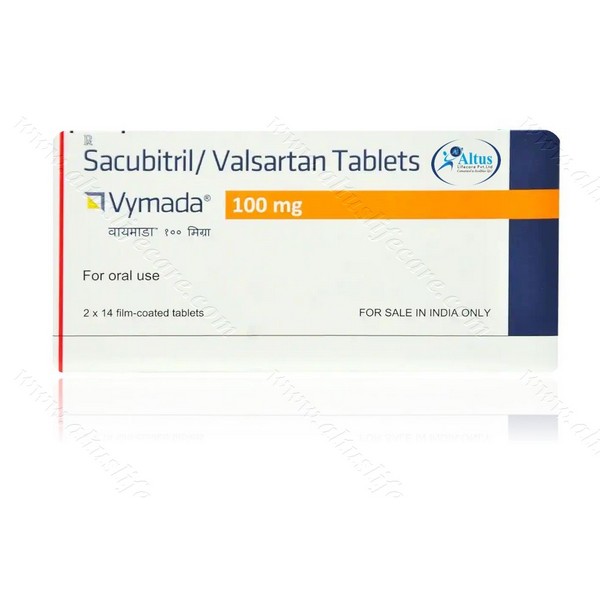

Driving

Kidney
Regular blood pressure monitoring is recommended. No dose adjustment is needed in patients with mild to moderate kidney disease.

Liver
No dose adjustment is recommended in patients with mild to moderate liver disease.
WHAT IF YOU FORGET TO TAKE VYMADA TABLET?
| Pack Size | 42 Tablet/s, 84 Tablet/s, 126 Tablet/s, 168 Tablet/s, 210 Tablet/s |
|---|
1 review for Vymada 100mg Tablet
Related products
Janumet 50mg-500mg Tablet
From: $110.00Buy Istavel 25mg Tablet (sitagliptin 25mg)
From: $37.92Zyrolic Tablet (Allopurinol 100mg / 300mg)
From: $28.57Istamet 50mg-500mg Tablet
From: $34.03Eptus 50 Tablet (Eplerenone 50mg)
From: $66.23Januvia 25mg Tablet (Sitagliptin 25mg)
From: $61.04People also bought
-

Benoquin 40 Cream | Monobenzone 40%
From: $154.77 -
 From: $38.38
From: $38.38 -
 From: $40.05
From: $40.05 -

Aziderm 10% Cream 15gm | Azelaic Acid 10%
From: $39.26
Our Services
Shipping
Shipping at Discounted Price
Money Returns
Return Within 30 Days
Secure Payment
Safe & Secure Payment
Support 24/7
Contact 24 Hours Day
From: $67.14
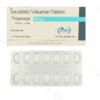
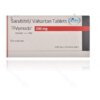
From: $68.18
- Anti-Cancer
- Armodafinil
- Bimatoprost
- Botulinum
- Dermal Fillers
- Hepatitis
- Mens-health
- Modafinil
- Naltrexone
- ANTI EMETIC
- Altus Product’s
- Anti Fungal
- Anti Malarial
- Anti Viral
- Antibiotics
- Asthma
- Beauty & Skin Care
- Cetaphil
- Chemical Peels
- Diabetes
- Hair Loss
- HCG Injections
- HIV Medicines
- Human Albumin
- Kidney / Liver Care
- Neuropathic Pain
- Pain Relief
- Pharmaceutical Products
- Pharmaceutical Vaccine
- Quit Smoking
- Thyroid Care
- Weight Loss
- Women’s Health

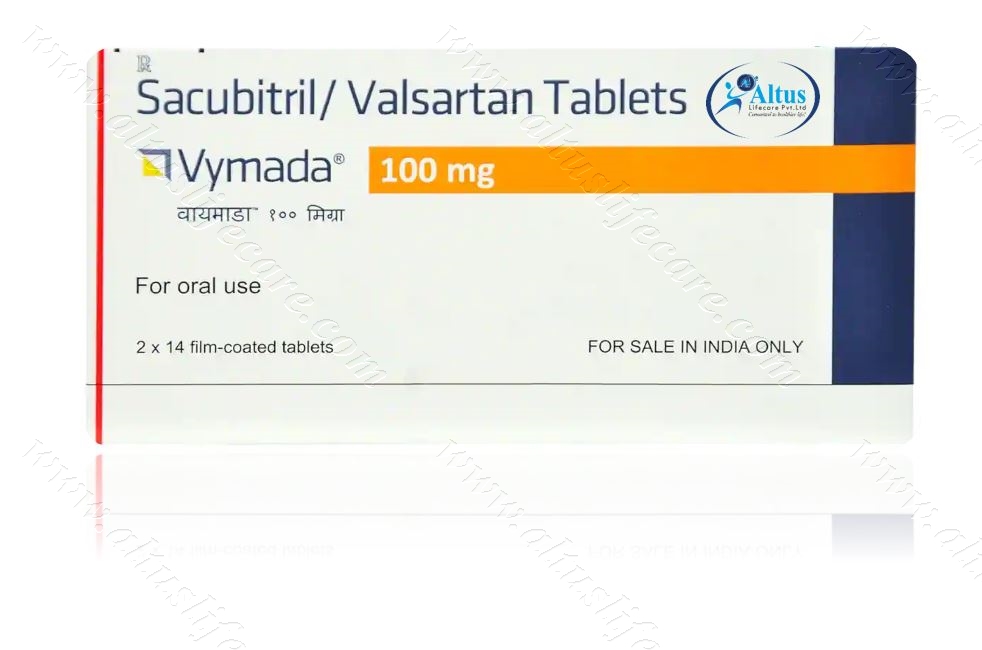


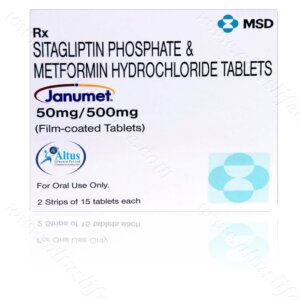
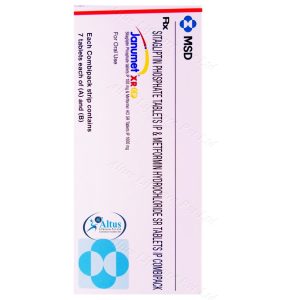
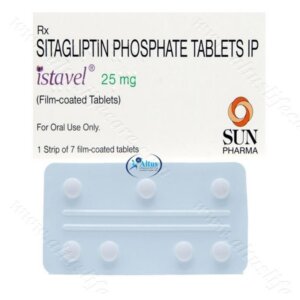
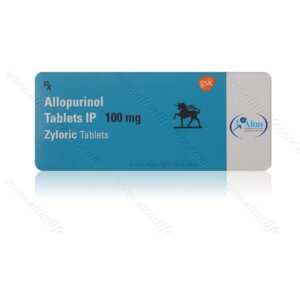

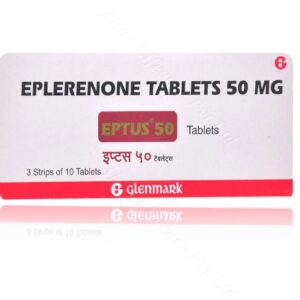



Loretta (verified owner) –
“The quality is superb, and the shipping was faster than expected!”